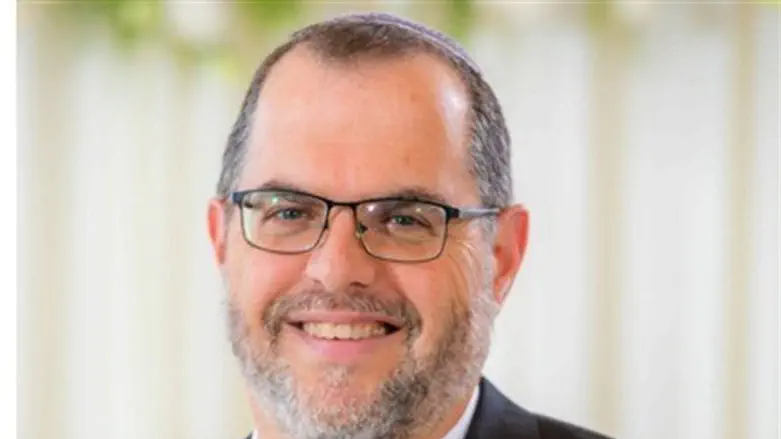
The story of Yosef and his brothers comes to an end in this week's Torah portion when Yaakov is told that Yosef is alive and his soul is restored. Now Yaakov is preparing to join Yosef in Egypt at Yosef's request. Yaakov’s difficulty in leaving the Land of Israel and going down to Egypt is so severe that he needs the encouragement of G-d who tells him directly: "Do not be afraid to go down to Egypt."
Yaakov is convinced and begins preparations for the exile to Egypt. As part of the preparations, Yaakov sends Yehuda ahead of the others " to prepare Goshen before him." Here we stop and ask: what is the meaning of Yehuda’s mission?
Rashi gives two interpretations. In the first explanation, Rashi quotes Onkoles who says that Yehuda was sent to "make room for them and consider how they would settle in it," that is, to arrange the technical matters of residence in Egypt. But in his second explanation, Rashi quotes Midrash Aggadah: "To set up a place of Talmud from where learning will come." What is the purpose of establishing a learning center? And what was the urgency to do so even before they arrived?
The simple reason for establishing a Beit Midrash is because Yaakov was concerned about the spiritual future of his family and the people of Israel during the Egyptian exile. He feared that the nation of Israel would be affected by the idol worship of the Egyptians and Egyptian culture. So, the first thing he arranged in Egypt, even before anyone arrived, was a Beit Midrash whose job would be to preserve the Judaism of the people of Israel.
But there is another reason for the establishment of the Beit Midrash, and it relates to the same encouragement that Yaakov needed from G-d before he went down to Egypt. Yaakov not only feared the assimilation of the people of Israel into Egypt, but the opposite as well. He feared that the people of Israel would be able to maintain their Judaism in Egypt and continue Jewish life in such an optimal way that there would be a danger that they would not want to return to the Land of Israel, G-d forbid.

Especially in places where the exile is sweet and the Jews feel safe, there is the greater danger of forgetting where we really belong. Therefore, he chose to establish a Beit Midrash whose presence would remind the nation that they are in exile, and the goal is to return to the Land of Israel. To show the importance of this, Yaakov commands Yehuda to establish the Beit Midrash even before they arrive, so that when they reach Egypt the lighthouse would already be there to illuminate the way for them.
Therefore, he chose to establish a Beit Midrash whose presence would remind the nation that they are in exile, and the goal is to return to the Land of Israel. To show the importance of this, Yaakov commands Yehuda to establish the Beit Midrash even before they arrive, so that when they reach Egypt the lighthouse would already be there to illuminate the way for them.
All this leads us to the fact that there is actually a paradox here: On one hand, Yaakov desired to strengthen the Torah world in Egypt as much as possible in order to preserve their Jewish identity while in exile, but on the other hand it was important for them not to feel too comfortable in the Diaspora, but to yearn to return to Eretz Yisrael.
This paradox still accompanies us today. There are many communities in Chutz La’Aretz which have an abundance of Torah institutions, and this is, of course, a blessed thing which preserves the Judaism of our nation, but on the other hand it is a negative thing if it makes those communities feel that they are living in the correct place. We need to feel and know that exile is a punishment, and the natural and correct place for every Jew is in the Land of Israel.
Especially in places where the exile is sweet and the Jews feel safe, there is the greater danger of forgetting where we really belong.
The State of Israel and its emissaries and leaders of Jewish communities around the world need to walk this fine line of strengthening Jewish communities in the Diaspora, along with encouraging and advocating for immigration to the Land of Israel.
Rabbi Shlomo Sobol is the head of the Barkai Rabbinical Organization and the rabbi of the Shaarei Yonah Menachem community in Modi'in.